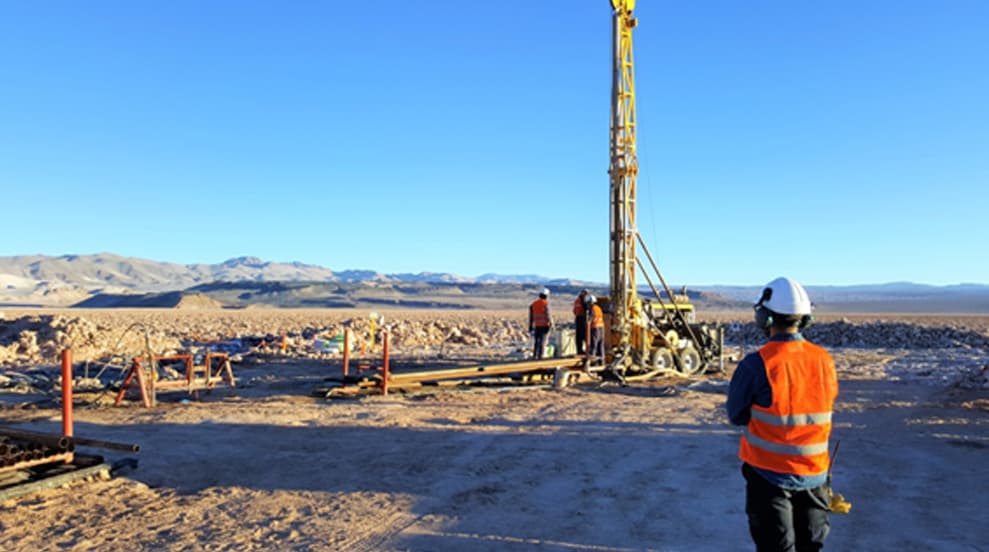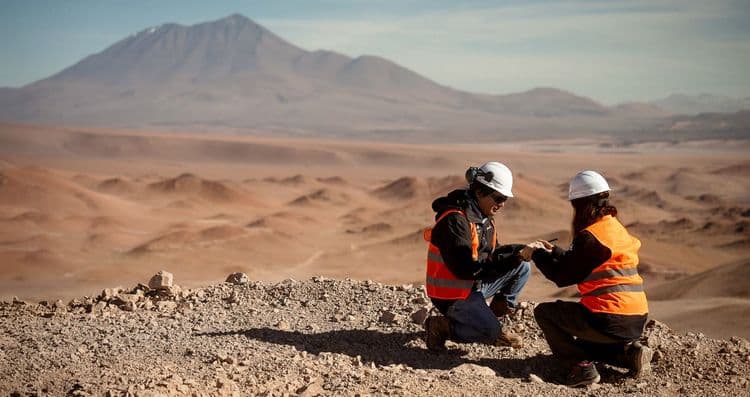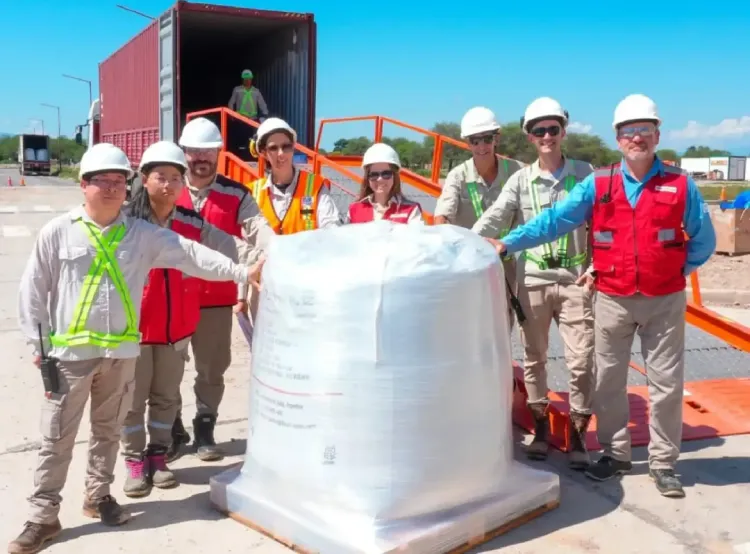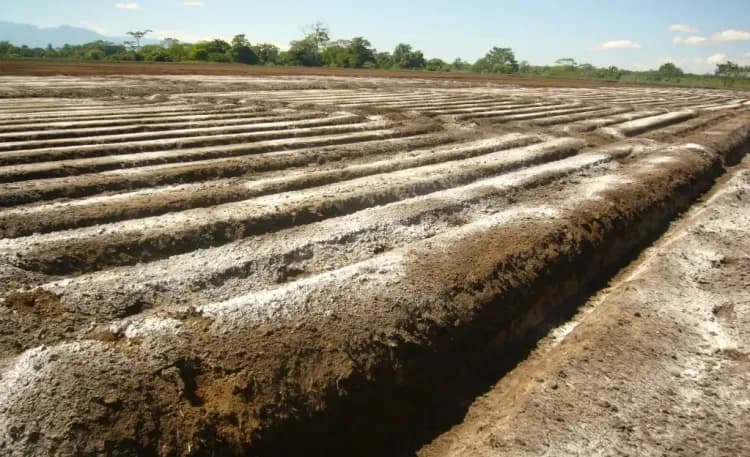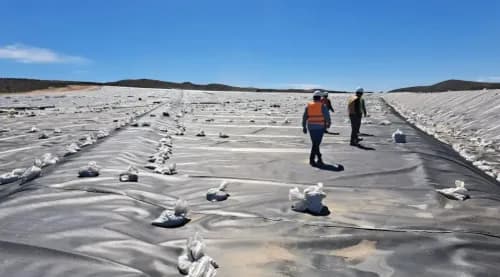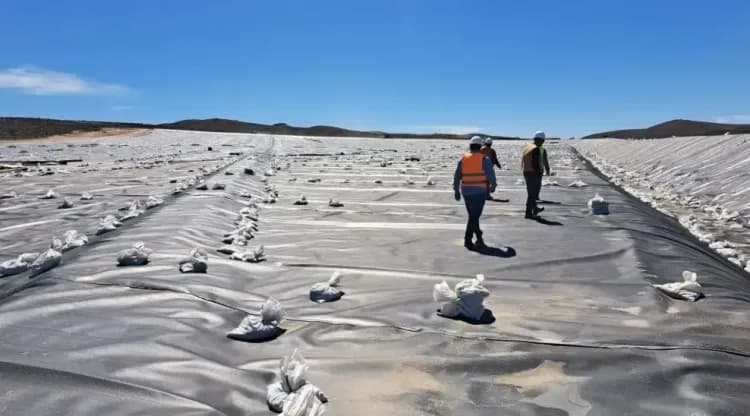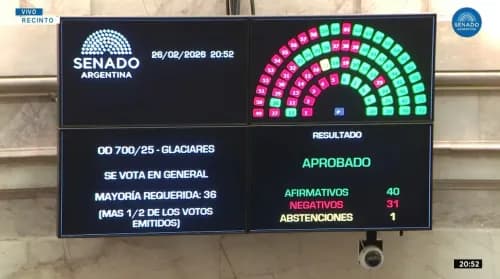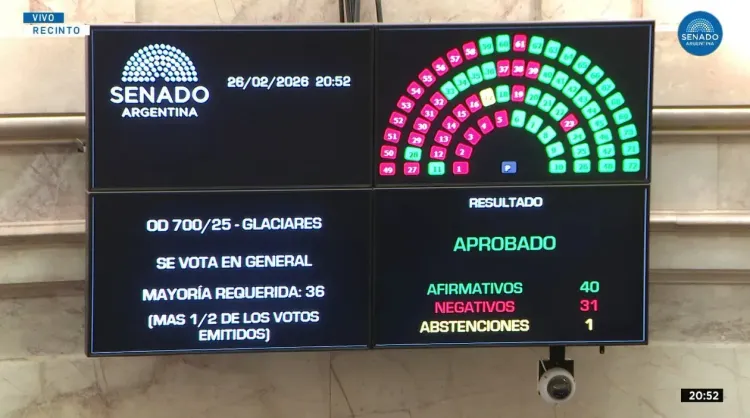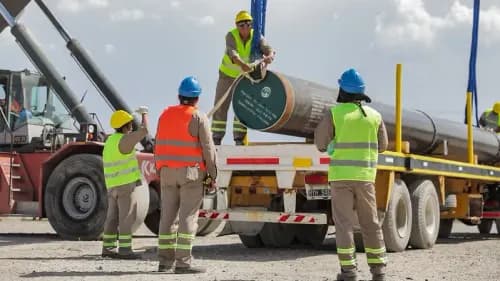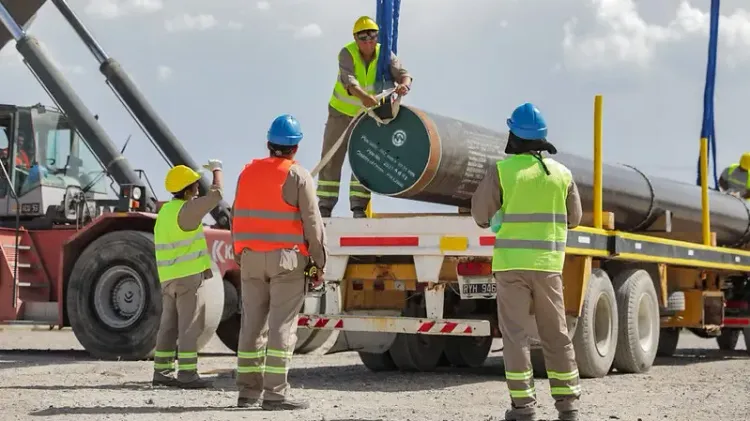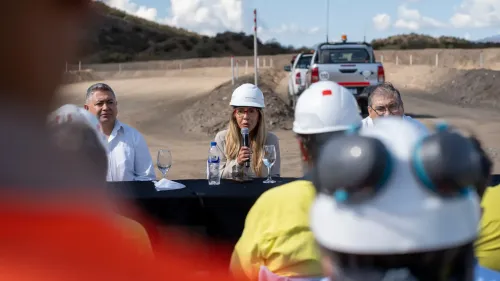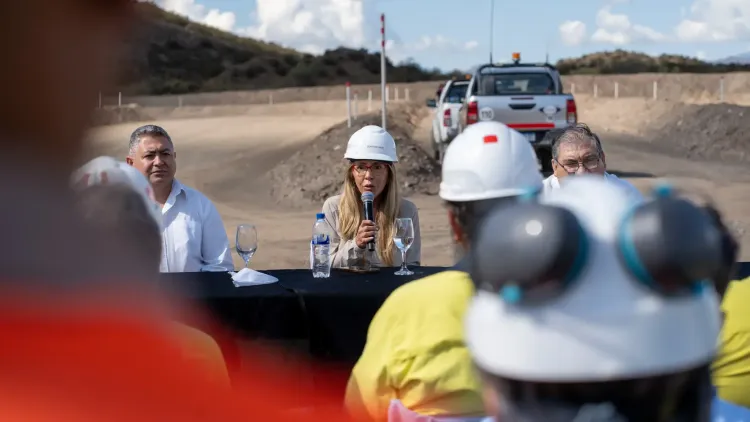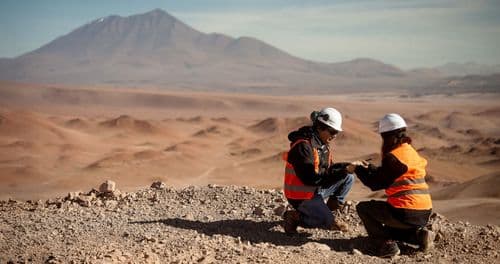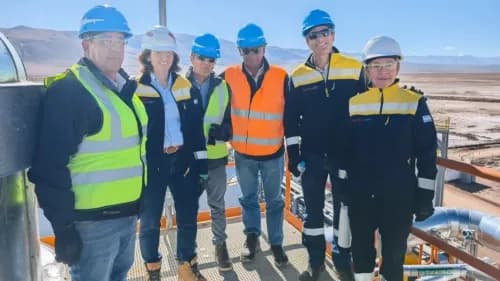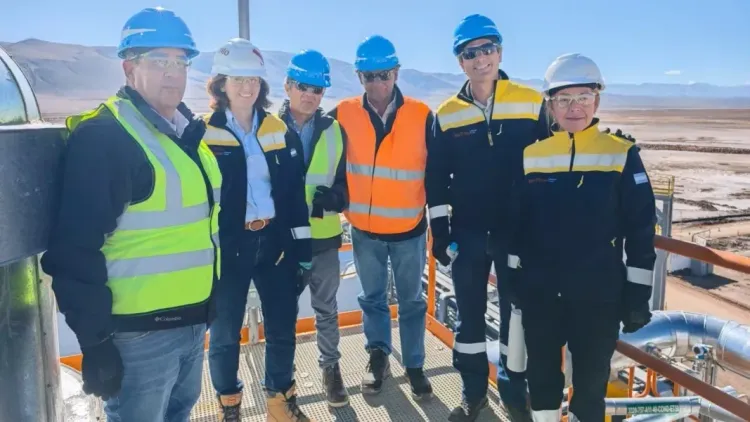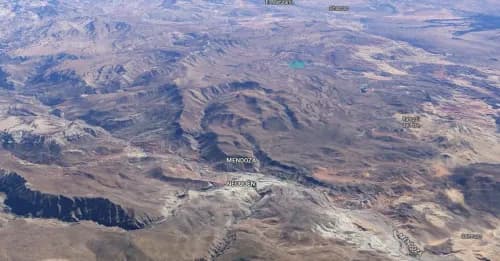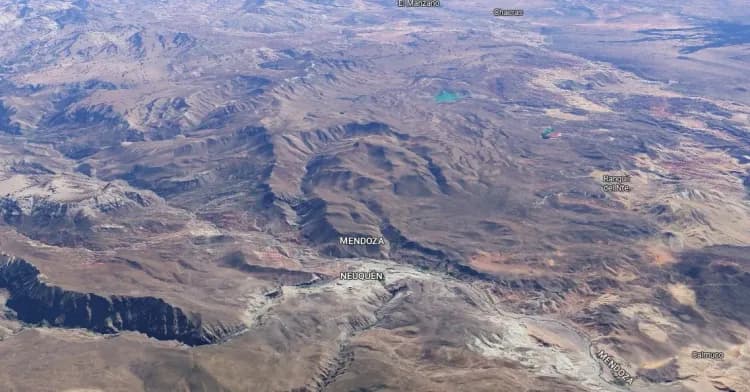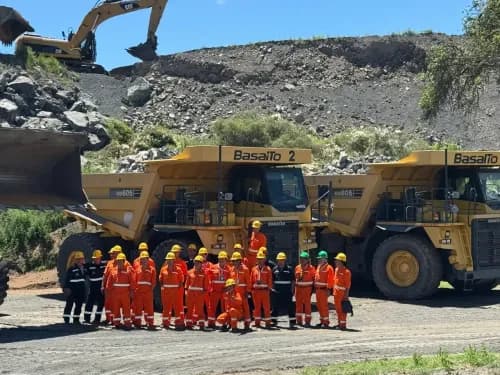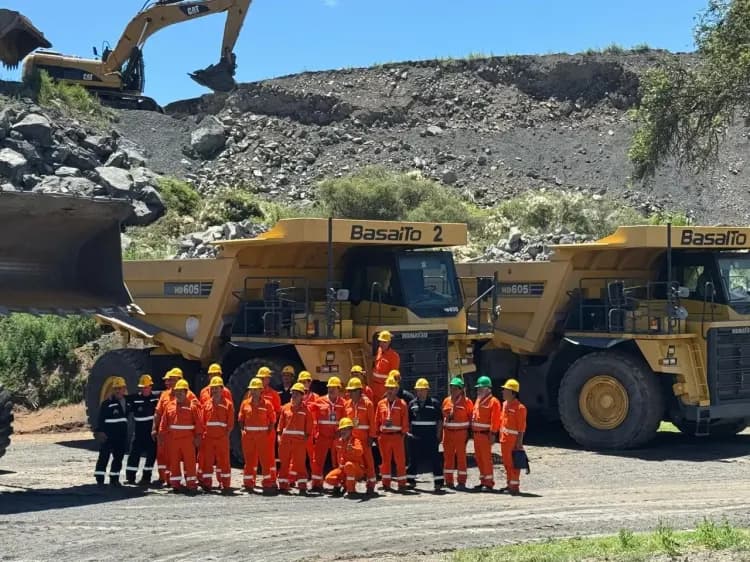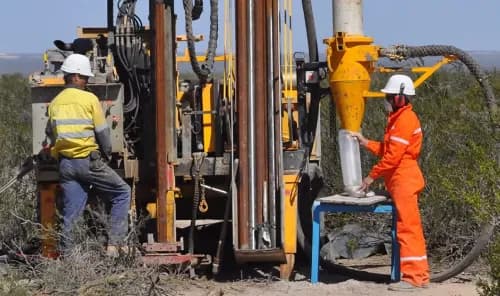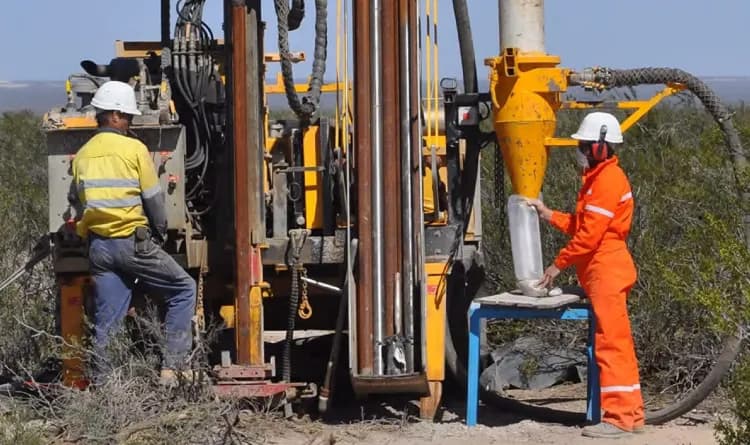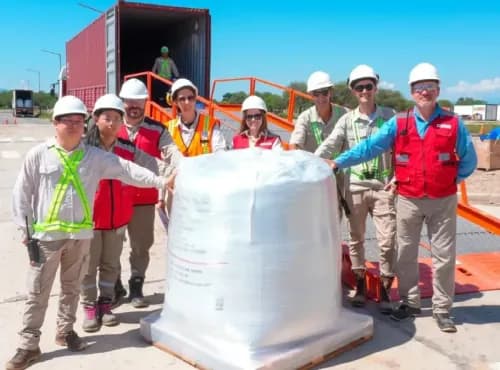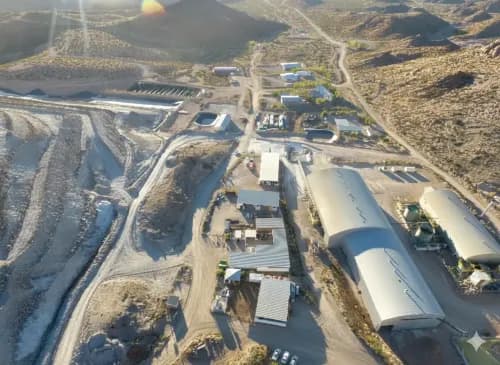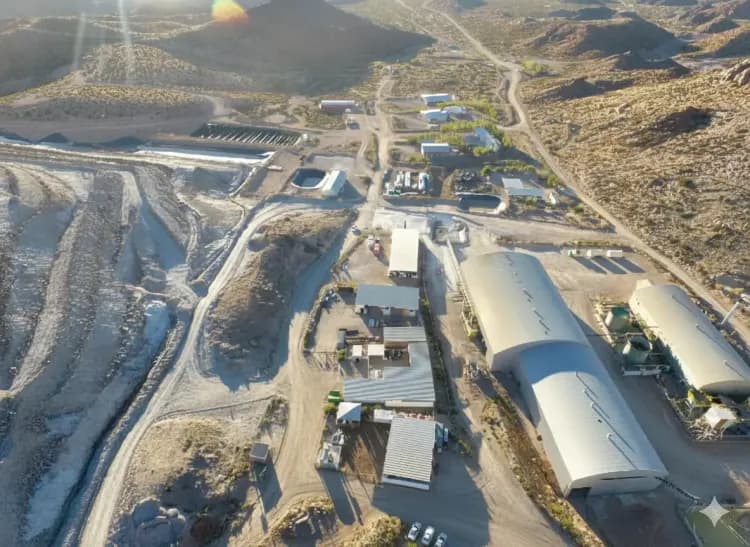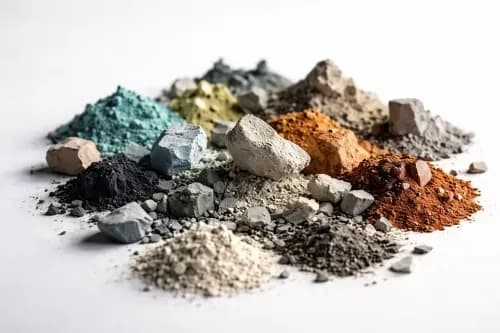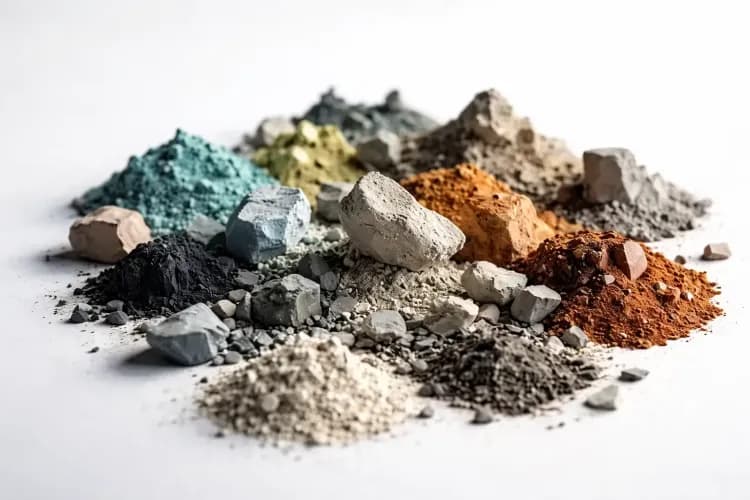• Lake is targeting early 2020 pre-production of initial lithium products at Kachi Lithium Brine Project, Argentina.
• First pilot plant module completed, with delivery expected soon after year-end using Lilac Solutions’ direct extraction ion exchange process.
• Plant designed to produce 50-60,000 mg/L lithium concentrate, more than 10 times the concentration of conventional processes, within a few hours, based on six months of successful lab processing of lithium brines from Kachi.
• Lake plans to produce a high quality, low impurity product capable of attracting premium pricing in current market for lithium.
• Sample product to be available from pilot plant production process in first quarter 2020 for customer qualification purposes for off-takers and potential project partners.
Lithium explorer and developer Lake Resources NL announced plans for pre-production in early 2020 of initial lithium products from its flagship Kachi Lithium Brine Project in Catamarca province, using a pilot plant under construction with delivery to site expected soon after calendar year-end.
The pilot plant, which has been designed by Silicon Valley-backed Lilac Solutions and international engineering company Hatch, will demonstrate Lilac Solutions’ groundbreaking direct extraction ion exchange process on brines produced at Kachi.
The first module of the plant has already been completed. Results from lab testing have been incorporated into the pre-feasibility study (PFS) at Kachi, which is currently 75% complete, on time and on budget, and scheduled for release by year-end.
Lake expects to produce a high quality, low impurity product that is likely to attract premium pricing in the current market for lithium, amid rising demand for electric vehicles (EVs) and increasing interest in the project from potential off-takers and project partners. Intermediate products will also be prepared.
Lab testing has shown that lithium concentrations of 30-60,000 mg/L lithium can be produced from brines of ~300 mg/L lithium in a few hours after dewatering, more than 10 times the concentration of conventional processes, together with lower impurities.
This direct extraction process will be a major advance for the lithium brine industry, producing high quality low impurity lithium products, flexible and scalable to suit end user needs.
The pilot plant has been designed in modules to produce concentrate for either lithium hydroxide or lithium carbonate, or intermediate products of lithium sulphate and/or lithium chloride, at approximately 10 tonnes per year, sufficient to supply samples to selected downstream battery plants and cathode plants.
The design is based on more than 6 months (1,000 cycles) of successful lab processing of brines from Kachi which have shown excellent performance over an extended period, with high selectivity and durability.
Significantly, the Lilac technology is environmentally friendly; as the salty water (brine) is reinjected into the aquifer once the lithium has been removed. Traditional evaporation ponds are not required. This offers a potential ethical, sustainable solution for an industry at the forefront of the global clean energy revolution.
The Kachi project ranks amongst the top 10 global lithium brine resources, with a maiden resource estimate of 4.4 million tonnes lithium carbonate equivalent (LCE) (Indicated 1.0 Mt and Inferred 3.4 Mt) within a much larger exploration target.
A Phase 1 Engineering Study completed in December 2018 showed its potential to cut production costs to the lowest cost quartile globally, with high recoveries (80 to 90%) compared to conventional brine operations in South America with typical lithium recoveries below 50%. The Lilac technology could also potentially slash production times compared to the lengthy nine to 24-month waiting period for standard evaporation processes to produce a suitable concentrate for processing.
Lake’s Managing Director Steve Promnitz said: “We are pleased to see the excellent results at lab scale will be demonstrated with the pilot plant and look forward to seeing it on site as part of our PFS for Kachi.
“The production of samples from the plant will give potential partners, including battery makers and cathode makers, increased confidence in the technology to produce consistent high quality, low impurity products that suit the downstream market amid an increased focus on the cost-competitiveness of lithium brines.
“This will be potentially a disruptive force for the lithium supply chain by delivering a quick, efficient, flexible, scalable and sustainable extraction method compared to traditional evaporation methods that are coming under increased scrutiny due to their impact on local ecosystems.”
Lilac’s CEO Dave Snydacker commented: “The performance of the Lilac method on the Kachi brines has been exceptional – a fast, low impurity product has been produced with the ion exchange beads performing even better than expected.
“We look forward to continuing to demonstrate the high potential for low cost premium lithium product in partnership with Lake Resources, which has shown its readiness to adopt industry-leading solutions for the benefit of all stakeholders.”
Lilac Direct Extraction Process – Benefits
Lilac’s unique direct extraction process offers a number of benefits for the Kachi project and the industry more broadly:
• Increases grade to 30-60,000 mg/L lithium from lithium brines of 200-600 mg/L lithium
• Increases recoveries to 80-90% (from 40-50%); doubles recoverable grade
• Reduces lead time to production by at least 12 months
• Produces a premium product for lithium hydroxide or lithium carbonate with low impurities
• Smaller environmental footprint without the need for large evaporation ponds
• Forecast operating cash costs in the lowest quartile, based on the Phase 1 Engineering Study.
